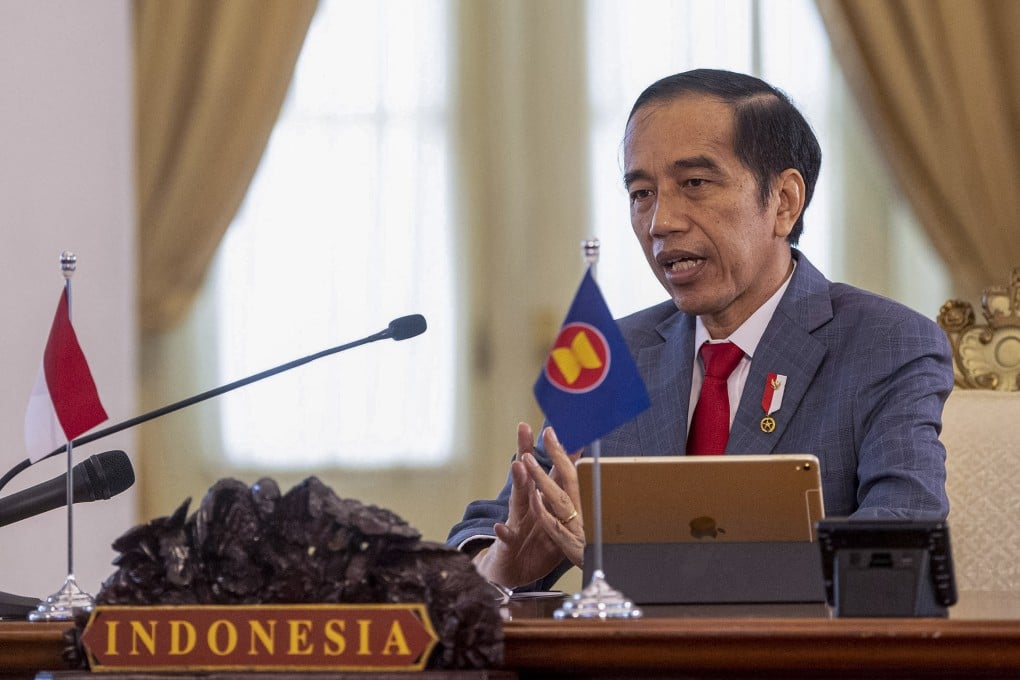Asian Angle | As Asean chair, Indonesia must proactively manage ties between US and China
- Indonesia’s success as Asean chair will be assessed partly based on how it manages the strategic implications of the US-China competition on Southeast Asia
- But as Jakarta is itself walking a fine line, there is little it can do to ensure the other nine Asean countries will ‘succeed’ in the same struggle

As the US-China rivalry heats up, Asean is in danger of getting caught in the crossfire or being made to “choose”. The bloc, therefore, faces the challenge of maintaining mutually beneficial relations with both.
Indonesia, as the largest country in the region, has been loyal to its “independent and active” foreign policy doctrine, which means it has stayed away from picking sides. So what can we expect of Indonesia’s Asean chairmanship in relation to the US-China rivalry?
During the Cold War, when smaller countries were forced to join either the ideological camps of the United States or Soviet Union, Indonesia’s founding leaders perceived that the newly independent country should not side with either. In terms of foreign policy, this translated into working together with fellow smaller nations in a regional grouping.
Asean is one concrete example of that philosophy. Indonesia initiated the establishment of the bloc with its Southeast Asian counterparts, and was a strong advocate for the first Asean summit in 1976 and the Asean Political Security Community in 2003.
Now, as Indonesia begins its Asean chairmanship, it’s clear that a great power rivalry is once again the predominant challenge in Southeast Asia.

